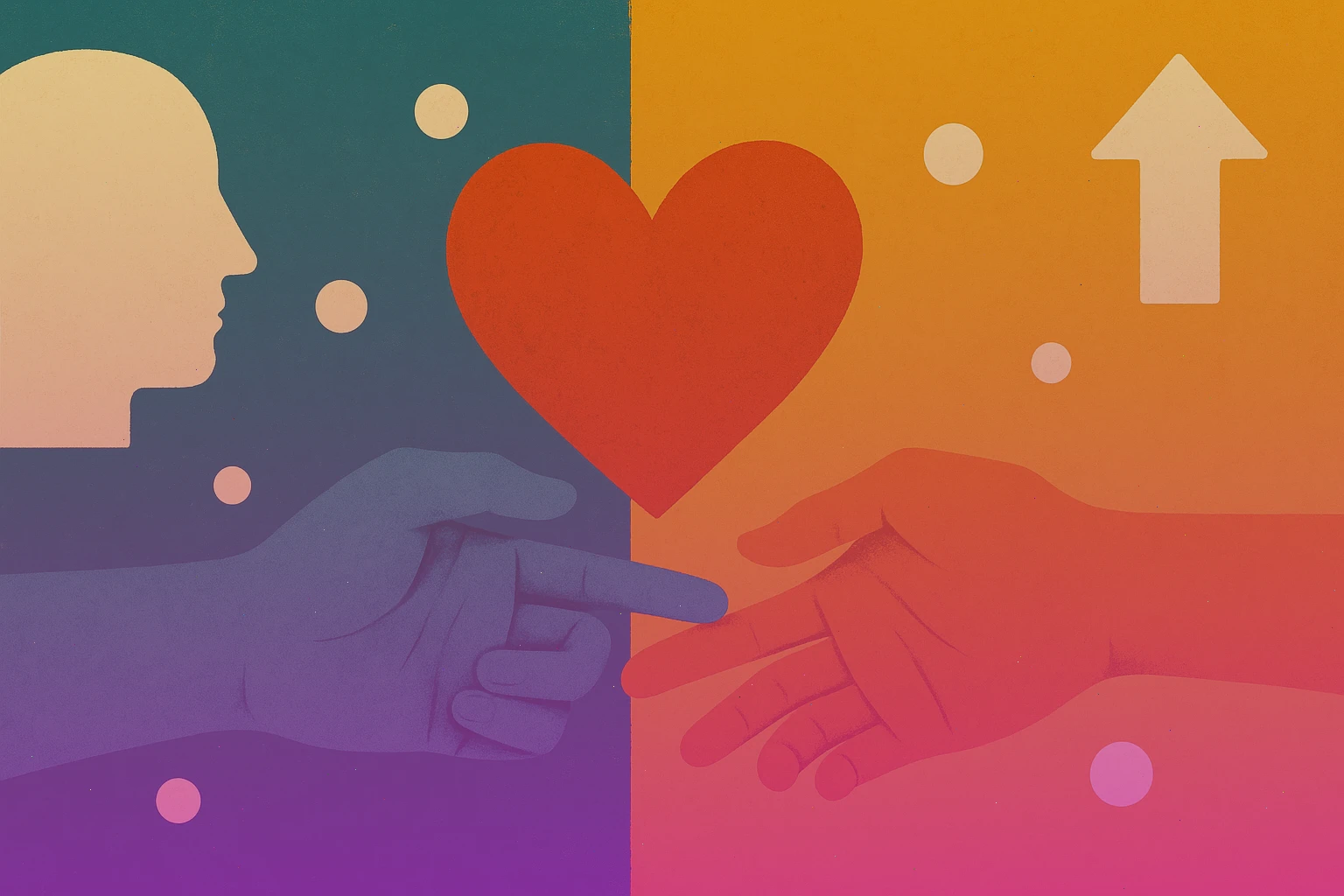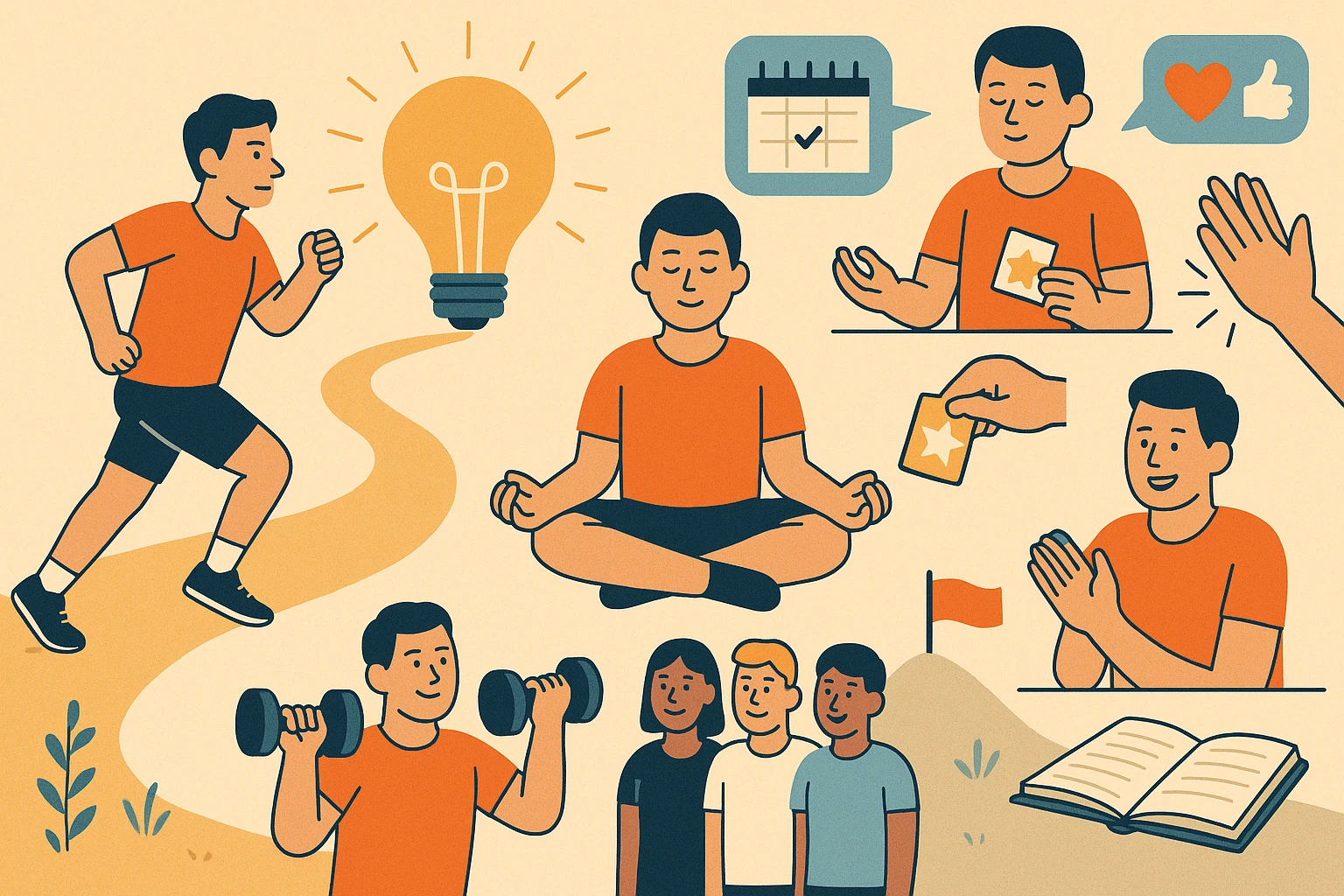Science suggests we’re hardwired for altruism, but dо we need tо prioritize others constantly?
The familiar airline safety instruction—”put оn your own oxygen mask before helping others”—offers practical wisdom for emergencies. Yet іn our increasingly individualistic world, this advice risks being misinterpreted as blanket permission for selfishness.
The Myth of Human Selfishness
While evolutionary theories like “selfish genes” suggest humans are inherently self-interested, emerging research challenges this bleak view. The infamous “bystander effect”—stemming from the misreported 1964 Kitty Genovese case—has been debunked. Modern studies show:
- 90% of violent attacks see bystanders intervene
- Altruistic acts often occur reflexively, without deliberation
- Heroic behavior consistently emerges during crises like the Manchester bombing
The Evolutionary Advantage of Altruism
Psychology professor Steve Taylor explains our cooperative roots:
- Early humans thrived through tribal cooperation, not competition
- Contemporary hunter-gatherer societies maintain egalitarian resource-sharing
- Brain scans reveal altruists have more developed emotional processing regions
Born to Help
Developmental research shows:
- Toddlers as young as 14 months spontaneously help others
- Children cooperate without expectation of reward
- This intrinsic prosocial behavior suggests altruism is innate
The Wellbeing Benefits
Altruism isn’t just good for recipients—it benefits helpers through:
- Improved mental health and self-esteem
- 40% lower hypertension risk among regular volunteers
- Potential mortality risk reduction
The Reality of Moral Mediocrity
Philosopher Tony Milligan cautions against unrealistic expectations:
- Most people exist in “moral middle ground”
- Comparing ourselves to figures like Gandhi sets us up for failure
- Sustainable altruism develops gradually, like any skill
Cultural Influences on Altruism
Collectivist vs. individualist cultures shape different norms:
- Eastern societies emphasize group responsibility
- Western cultures permit more self-focus
- Pandemic mask-wearing reflected these cultural differences
Finding Balance
The key lies in recognizing:
- Our capacity for extraordinary selflessness
- The importance of self-care
- Cultural and situational factors that influence our choices
Ultimately, while we’re wired tо help others, sustainable altruism requires acknowledging our human limitations. As the oxygen mask principle reminds us—sometimes helping others starts with helping ourselves.



